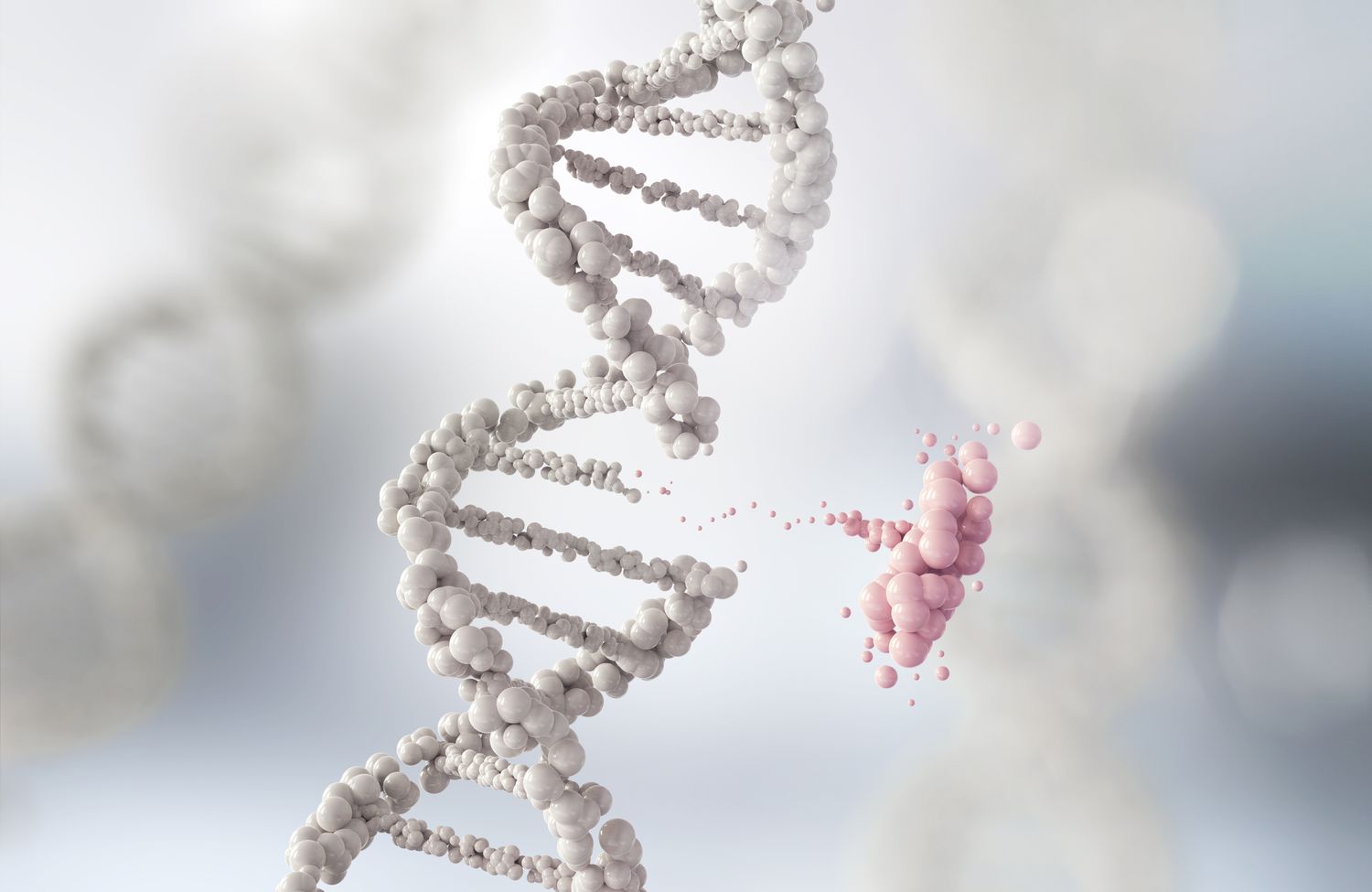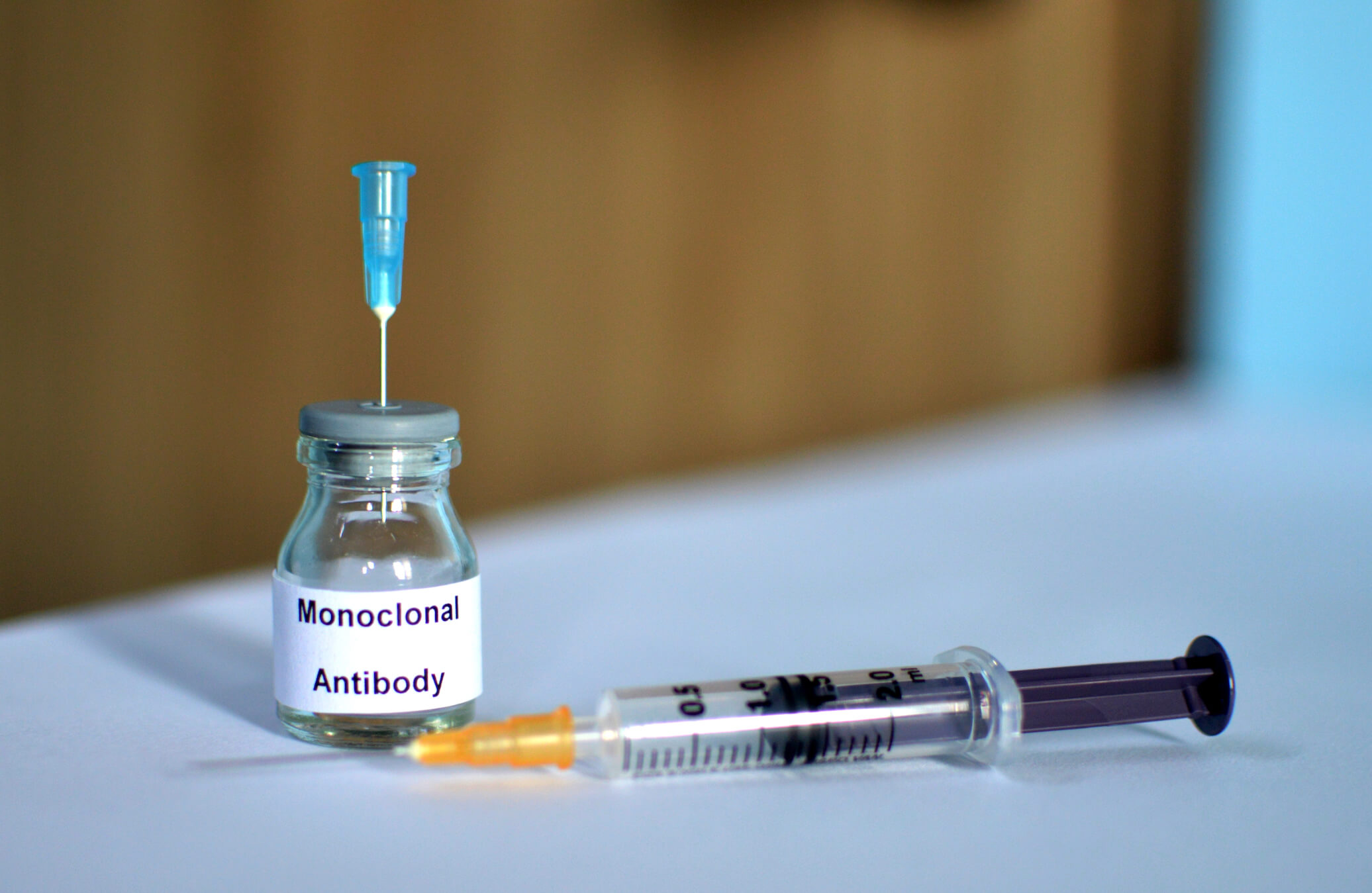For years, cancer treatment has been a double-edged sword, where therapies designed to eliminate cancer cells often caused collateral damage to healthy ones.
However, a new study published online Oct. 30 in Immunity introduces a cancer treatment approach that promises to be more precise, durable, and less toxic than current therapies.
Led by Duke University School of Medicine immunology researcher Jose Ramon Conejo-Garcia, MD, Ph.D., the research focuses on harnessing IGA antibodies in an innovative way to target and eliminate tumor-promoting molecules deeply embedded within cancer cells—targets that existing treatments, including IGA antibody therapy, have struggled to reach.
“This is a proof-of-concept study, but the results are very promising,” said Conejo-Garcia, a Duke Science and Technology scholar in the Department of Integrative Immunobiology. “We believe that this treatment could be used to target a wide range of cancer mutations.”
Initial experiments conducted on mice with lung and colon cancer demonstrated significant reductions in tumor growth with minimal side effects.
The study specifically examined dimeric IgA (digA), a type of antibody with a unique structure that enables it to target specific mutations associated with PIGR, a protein expressed on the surface of nearly all epithelial cancer cells, crucial for their growth and survival.
One such mutation, KRAS G12D, known for its role in aggressive cancers, was effectively targeted by digA.
The antibody binds to mutated proteins and facilitates their expulsion from the cell through transcytosis, thereby halting tumor growth.
In mouse models, the KRAS G12D-specific antibody outperformed current clinical treatments in shrinking cancerous tumors.
Unlike small molecule therapies that struggle to penetrate certain cancer cells and can have short half-lives and side effects, digA showed promising efficacy.
Similar success was observed with another cancer mutation, IDH1 R132H, also deeply entrenched within cancer cells.

Efforts to target the mutated KRAS protein have long challenged scientists, but the study’s findings suggest that this specially designed antibody can effectively reach these intracellular targets.
Researchers believe that IGA antibodies hold potential as targeted therapies against persistent mutations that drive common, aggressive cancers, particularly epithelial cancers such as ovarian, skin, colon, cervical, prostate, breast, and lung cancers.
“This represents a novel approach to targeting tumor cells using an antibody that is exceptionally specific for point mutations or molecules that are truly tumor-specific,” explained Conejo-Garcia.
“By neutralizing these molecules and ensuring they are expelled from the cell, we can arrest tumor growth.”
Throughout his career, Conejo-Garcia has focused on enhancing the immune system’s ability to combat specific cancers.
The study was a collaborative effort involving post-doctoral fellows Subir Biswas, Ph.D.; Gunjan Mundal, Ph.D.; and Carmen Maria Anandon, Ph.D., co-senior authors of the study, initially conducted at H. Lee Moffitt Cancer Center and Research Institute before Conejo-Garcia joined Duke in 2023 to complete the research.
These findings offer a look into future cancer treatments that are more personalized, reducing harm to healthy cells and enhancing patients’ quality of life.
IGA antibodies represent just one facet of the burgeoning field of immunotherapy, which includes treatments like PD-1 inhibitors and CAR T-cells that have achieved unprecedented long-term cancer remissions.
“The immune system possesses two crucial properties that make it uniquely suited for cancer treatment: specificity and memory,” noted Conejo-Garcia, a member of the Duke Cancer Institute.
“It can target tumor cells with precision and remember them to mount a more effective response if the cancer returns.”
Researchers are now refining the antibody to streamline production and administration, aiming for eventual clinical trials to further validate its efficacy and safety.
